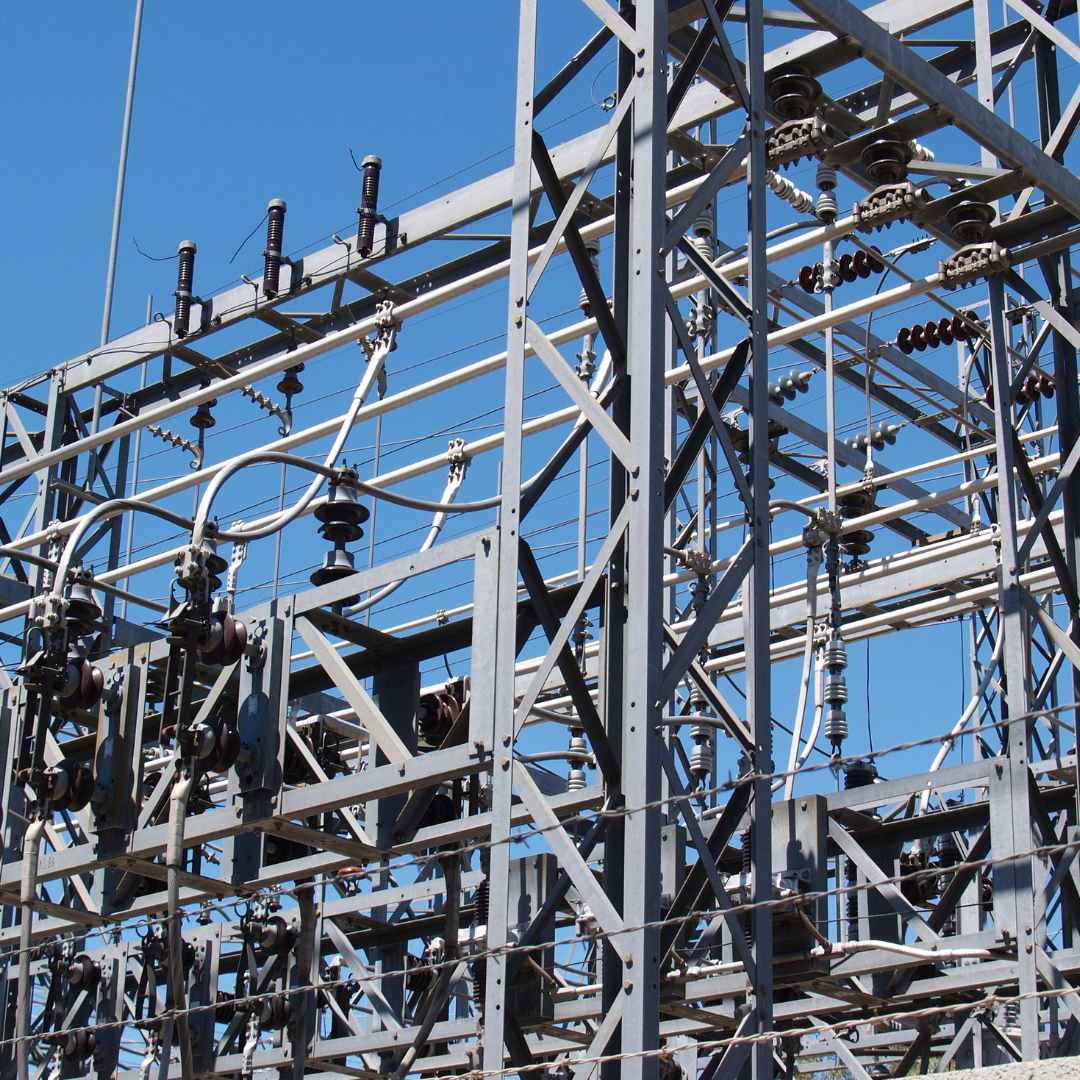Have you ever wondered what it takes to deliver electricity, water, and other vital services to entire neighborhoods? While perhaps not the most glamorous or exciting of jobs, working in public utilities is a rewarding profession for anyone looking for a stable career filled with purpose.
In this blog post, we’ll examine the advantages of pursuing a career as a public utility worker and offer key tips on how to succeed in this field. Whether you’re considering taking your first steps towards becoming part of an important industry or just curious about its inner workings, let’s look into what makes public utilities such an attractive option!
Rewarding career path
Public utilities offer an incredibly rewarding career path in an essential industry. The roles within public utilities range widely, from engineering to administrative and customer service positions – meaning that there is something for everyone. With a focus on sustainability and energy efficiency, those with a passion for environmental stewardship could find their calling in this sector.
long-term career
In terms of the fiscal benefits of this job market, public utility positions often come with stable salaries as well as opportunities for overtime earnings and other financial incentives like signing bonuses and relocation packages. This can be especially attractive to professionals looking to make a long-term career in the field.
Additionally, many public utility companies will cover or subsidize training or certifications that employees need in order to progress into higher roles within their organization (ACI certification being one such example). On top of these tangible benefits, working for a public utility company offers numerous intangible ones too: namely job security and personal satisfaction associated with knowing your work helps ensure people have access to safe water, reliable electricity, or natural gas supply while preserving the environment at the same time!
Pros and cons of a career in public utilities
Choosing a career in public utilities can be a rewarding and challenging experience. There are both pros and cons that come with this line of work, so it’s important to weigh both sides before making your decision. Let’s look at some of the key benefits and drawbacks associated with building a career in public utilities.
Pros:
1. Stability – Public utility jobs tend to offer more stability than other sectors due to their vital role in providing everyday essential services such as electricity, water, gas, etc., allowing you to make long-term plans for yourself with less worry about job security or layoffs.
2. Career Advancement – Many larger utility companies provide ample opportunity for employees to move up the ladder through promotions and job rotations which can bring greater responsibilities and higher pay grades over time.
3. Variety – You may find yourself working on different types of projects involving customer service, engineering, or technical operations depending on the nature of your position within the company which keeps things interesting day-to-day while honing various skill sets along the way.
4 . Job Security – As mentioned previously, there is generally less risk involved when it comes to working for a public utility as there is always going to be demand for these essential services regardless of economic conditions or fluctuations in industry trends since people will always need electricity, water, gas, etc. This can help you build an impressive track record over many years in one company if you wish so that future employers take note even if you decide to switch careers later on down the road.
Cons:
1) Monotonous Work – Many positions within public utilities involve repetitive tasks such as maintenance work which can become monotonous after extended periods of time leading one’s interest in their job to ebb away gradually leading them to feel bored or frustrated by lack of variety after some time.
2) Low Pay Scale – Another downside associated with this field is that salaries tend not to start out too high compared to other specialized fields when starting off your career due complexity involved but pick up once get more experienced.
3) Bureaucracy – Dealing with bureaucracy from local government agencies who oversee various aspects related to operation could also be seen as a challenge, particularly during maintenance issues where delays caused by paperwork might slow the process considerably impacting customers negatively.
4 ) Risky Environment Working environment many times demands set safety standards due to potential hazards power lines tools being used are often risky those aren’t used carefully and dealt with appropriately.
Final thoughts
Ultimately, if you are looking for a meaningful career that provides both financial stability and professional development opportunities alongside contributing towards positive social change – then pursuing a role within the public utilities sector may be right up your alley!












